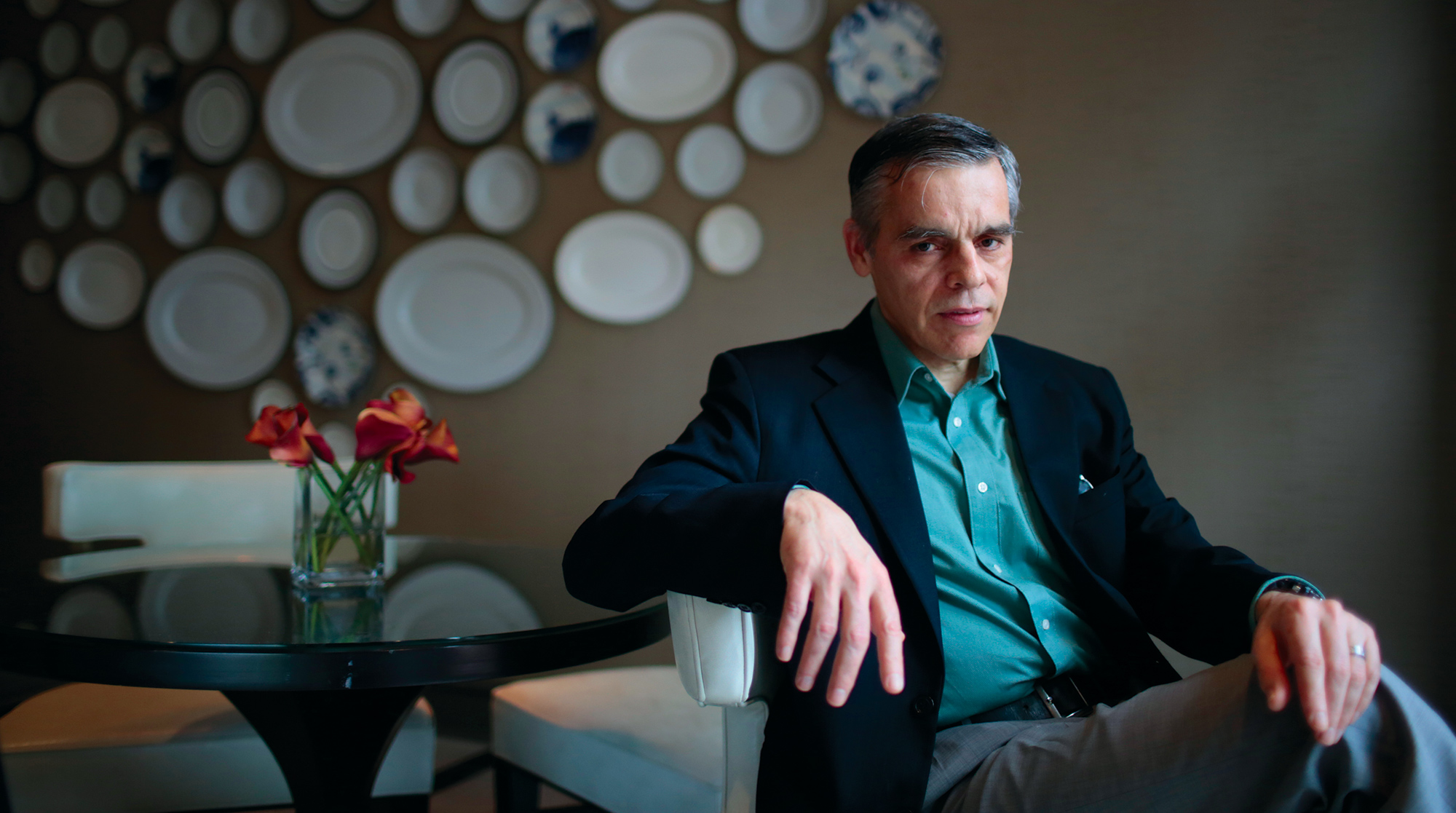

When Michael Phillips, M.P.H. ’84, M.A. ’85, moved to China in 1985, it took several years before he could address a complex issue he was extremely passionate about—the country’s significant, yet disregarded, problem of suicide.
Phillips, the UW School of Public Health’s 2013 Distinguished Alumnus of the Year, first went to China in the mid-1970s after receiving an M.D. from McMaster University in his native Canada. It was then he realized that the field of psychiatry was underdeveloped throughout China, and that he could help the Chinese community by taking a public health approach to mental health care.
Knowing he needed more training to make this impact, Phillips moved to the U.S. to complete his psychiatry residency at the UW, followed by a two-year Robert Wood Johnson Research Training Fellowship in public health, an M.P.H. in epidemiology and an M.A. in anthropology. The multidisciplinary training Phillips received at UW made him an ideal person to pioneer research on the nature of suicide in China. He introduced the integration of clinical psychiatry and public health, allowing him to create scientific methods for approaching suicide research.
When he returned to China, it was still impossible to study suicide because of political sensitivity. Phillips postponed his research until 1990, when the Chinese Ministry of Health started providing national mortality data to the WHO, including suicide data. Phillips received grants from various international agencies to found the Beijing Suicide Research and Prevention Center and the WHO Collaborating Center for Research and Training on Suicide Prevention. With collaborators around the country, he conducted secondary analysis of mortality data, evaluated suicide attempters in emergency rooms and assessed attitudes about suicide among university students.
“The most important research,” Phillips notes, “was a 23-site, case-controlled psychological autopsy study, the largest study of its kind ever conducted, anywhere.” In December 2012, Phillips established the Shanghai Mental Health Center–Emory University Collaborative Center for Global Mental Health, to promote international collaboration in the area of public mental health.
More recently, he became the first mental health professional to receive the China International Science and Technology Cooperation Award, the highest distinction the country bestows upon foreign scientists—and, for Phillips, government recognition of the value of mental health care. “Hopefully, in the future,” he says, “this will make it easier for me to get the support and personnel I need to continue my work.”